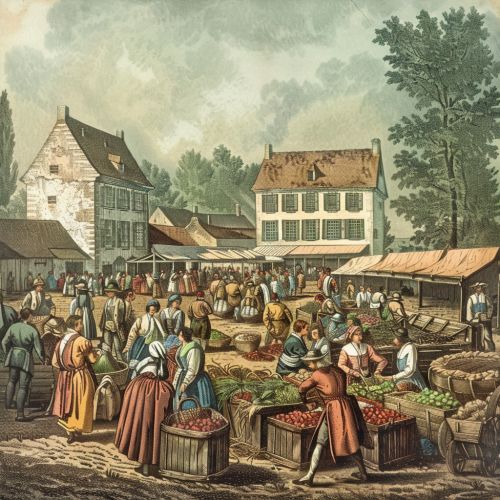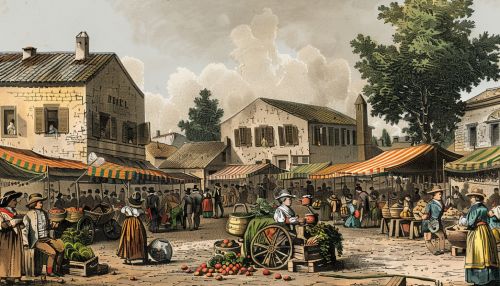Classical Economics
Overview
Classical economics is a school of economic thought that emerged during the 18th and 19th centuries, primarily in Britain. The main proponents of this school of thought include Adam Smith, David Ricardo, and John Stuart Mill. Classical economics focuses on the long-term economic growth and societal well-being, emphasizing the importance of free markets, competition, and the invisible hand of self-regulating market forces.


Historical Context
The emergence of classical economics coincided with the Industrial Revolution, a period of significant economic and social change. The theories and principles of classical economics provided a framework for understanding the economic dynamics of this transformative era.
Key Principles
Classical economics is underpinned by several key principles:
The Labor Theory of Value
This theory, primarily developed by David Ricardo, posits that the value of a good or service is determined by the amount of labor required to produce it.
Say's Law
Jean-Baptiste Say, a French economist, proposed that supply creates its own demand. This principle suggests that the act of producing goods or services generates the income necessary to drive demand.
The Invisible Hand
This concept, introduced by Adam Smith in his seminal work, "The Wealth of Nations", refers to the self-regulating nature of the marketplace. Smith argued that individuals pursuing their own self-interest inadvertently contribute to the overall economic well-being of society.
Critiques and Evolution
While classical economics has significantly influenced economic thought, it has also faced criticism. Critics argue that it fails to account for income inequality, market failures, and the short-term dynamics of economies.
The neoclassical economics school emerged in the late 19th century as a response to these critiques, incorporating mathematical models and a more nuanced understanding of market behavior.
Legacy and Influence
Despite its critiques, classical economics has left a lasting legacy on economic thought and policy-making. Its principles continue to inform debates on economic policy, particularly in areas such as trade liberalization, fiscal austerity, and deregulation.
